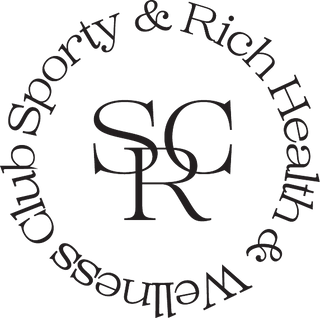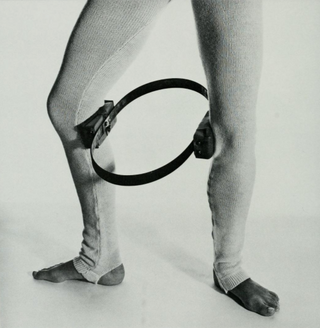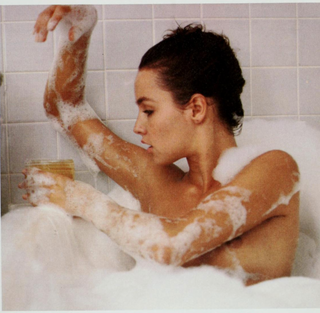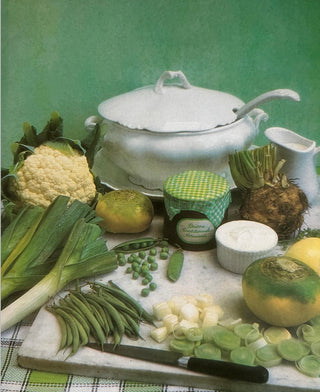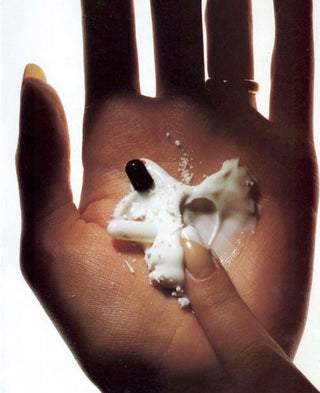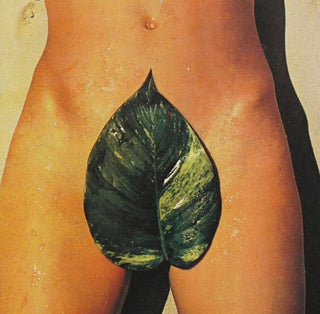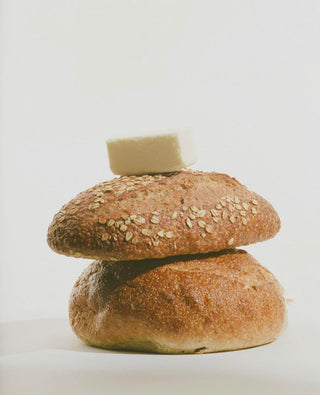
By: @drmelissa.co
Smart sun exposure can be a potent nurturer for our bodies. But too much exposure and exposure without the right skincare can lead to unwanted skin concerns. Photo ageing (wrinkles, loss of skin tone), hyperpigmentation, rosacea and other inflammatory conditions of the skin are exacerbated by sun exposure. Whether you suffer from these conditions or are looking to prevent them, being mindful of sun exposure and implementing a solid skincare routine that is free of chemicals and high in antioxidants is paramount. Of course, this also can help to prevent more serious conditions like cancer.
Ultraviolet radiation emitted by the sun in the form of UVA and UVB rays cause various changes to the physiology of the skin, leading to changes in appearance of the skin over time. I like to think of the A in UVA for ageing, and the B in UVB for burning.
UVA rays lead to changes in collagen and elastin that ultimately cause wrinkles. They are also a culprit of hyperpigmentation because they cause melanin (the compound in the skin that gives it colour) to become darker. These rays penetrate glass and clouds, and are present during all daylight hours.
UVB rays cause burning; they penetrate the skin in a way that causes redness, and ultimate damage to the DNA structure. These rays are linked to skin cancers of the squamous and basal cell variety. These rays are at their strongest between 10AM to 4PM. They bounce off of reflective surfaces like water, snow, and sand, causing greater risk of sunburn when you are near them.
Here are my top tips to assist in the treatment and prevention of the conditions worsened by UV exposure:
Always Wear a Zinc Oxide-Based Sunscreen, SPF 30, Every Single Day
Mineral sunscreen use is the safest and, in my opinion, best sunscreen option. Zinc oxide offers a literal shield, preventing all UV rays from penetrating the skin’s layers. This ingredient will effectively protect against rays that cause both ageing and hyperpigmentation. They also do not cause a chemical reaction leading to heat at the level of the skin, which is helpful for hyperpigmentation and rosacea sufferers who tend to be sensitive to heat (more on this below).
While there are various mineral ingredients, I suggest selecting formulas whose only active ingredient is zinc oxide; avoiding titanium dioxide is very important. Always look for a drug label on the formula you select. Zinc oxide is also anti-inflammatory, which is helpful for those suffering from rosacea and other inflammatory skin concerns like acne vulgaris.
Although zinc oxide formulas have historically been avoided because they cause a white cast, at present there are a variety of more sophisticated zinc oxide-only formulas that blend well (and aren’t greasy) regardless of skin tone.
Avoid Chemical Sunscreens
Chemical sunscreens or combination sunscreens may be labelled as excellent protectors against UVA and UVB rays. They are the sunscreen of choice for most people because they blend very well into the skin and are non-greasy. However, certain ingredients contained in chemical formulations can actually be harmful. Evidence suggests that several components of these formulas degrade quickly in the presence of UV radiation and begin to produce heat (an aggravator of rosacea and hyperpigmentation) and their own free-radicals which damage cells and accelerate ageing in the body. In some cases, certain ingredients can create more free radicals than if you wore no sunscreen at all. This is why it is advised to reapply sunscreen every two hours - by this time, the chemical ingredients are no longer effective and may be wreaking havoc on the skin.
Zinc oxide does not pose these problems. It does not degrade over time and will protect you throughout the day. Re-application every two hours, however, is still important after sweating, swimming, if you are on a beach, at altitude and if you are skiing.
Pair Sunscreen with Antioxidants
Antioxidants synergistically work with sunscreen to further protect the skin. Layering on a formula containing antioxidant ingredients like vitamins C and E protects the skin by quenching free radicals; free radicals are those molecules that accelerate ageing of the cells. My favourite formulas also contain ferulic acid - another potent plant antioxidant which, in combination with vitamins C and E, has been shown to double protection against photo ageing and skin cancer.
Supplementing with antioxidants may also be helpful. Always speak to your naturopathic doctor about this because more is not always more when it comes to antioxidant supplements.
Repair Past Damage
Arguably, dermatology’s most valuable tools in correcting ageing caused by sun damage are retinoids. Studies consistently show the beneficial effects of retinoids in this arena. My preference is retinol over products like Retin-A, as they work just as well in the long-term and cause less adverse effects like peeling, flaking, dryness and redness.
Do not use these products if you are pregnant or breastfeeding.
Avoid Exercising in the Sun
Heat can trigger or exacerbate hyperpigmentation. If you are prone to hyperpigmentation or looking to prevent it, avoid exercising in the sun.
Healthy Fats In and On Your Body
Essential fatty acids known as omega-3 and omega-6 fatty acids are incredibly important for health, but must be in the right ratios through diet or supplementation. Imbalance or deficiency can cause problems in the skin.
In most cultures, there is a high consumption of omega-6 fatty acids and a lower consumption of omega-3s, leading to imbalances in so many of us. Omega-6 dominance can cause inflammation, while adequate omega-3 consumption can quench inflammation and provide antioxidant properties—both of which protect the skin from free radical damage. The right balance is key for healthy, youthful skin.
Diet is one piece of the puzzle. Eating a diet rich in wild caught fish like salmon, sardines, anchovies, raw nuts and seeds, and extra virgin olive oil can be helpful. Supplementation with a quality-controlled fish or algae oil omega-3 supplement is also something to consider. But, it is as important to consider what you are applying to your skin.
Finding an oil blend to apply to the skin daily that has the right balance between omega-3s and 6s is key. Algae, chia and kiwi seed oils are great to consider. These will keep the skin hydrated and help to prevent signs of ageing.
Consider Supplementing with Vitamin D
Vitamin D is a powerful hormone that helps keep the immune system healthy and can help in preventing diseases like cancer. This vitamin is synthesised by the skin when the skin is exposed (unprotected) to the sunlight. Adequate blood levels of this vitamin can help to prevent disease overall. But what about protecting the skin from sun damage?
Approximately 5 to 10 minutes of unprotected sun exposure before 10AM regularly can be helpful in maintaining healthy vitamin D levels naturally. However, I always suggest to patients that this be the skin on your body instead of your face, neck or chest since these are most sensitive to sun damage and especially if you suffer from rosacea. If the skin becomes hot or red, it is wise to seek shade immediately. Alternatively, you may supplement with vitamin D based on your current blood levels and geographical location (colder or rainy climates tend to have populations with lower vitamin D).
Do not shower right after sun exposure. It takes time for vitamin D to be produced from the oils on the skin.
Avoid Essential Oils and Fragrances
These ingredients may cause the skin to become more photosensitive. Examples include lemon, bergamot, certain musks and jasmine.
Be Mindful of Topical Creams and Oral Medications
Some medications can make the skin more sensitive to the sun or can make the skin more prone to hyperpigmentation. If you are using any medications topically or orally, inquire with your pharmacist and/or doctor to see if this may be a side effect. Common ingredients that can make the skin more photosensitive are benzoyl peroxide or hydroquinone.
Remember, consistency is key. In order to reap the benefits of the above recommendations, it is so important to practise them daily. Do not neglect your annual physicals where your doctor or dermatologist should conduct a full skin exam to identify any problematic skin characteristics that require further attention. When it comes to skin and health overall, regular screening is of the utmost importance to prevent and to treat concerns early on.
Resources:
http://www.nature.com/jid/journal/v125/n4/full/5603565a.html
https://www.marieveronique.com/blogs/science-research/inflammatory-skin-and-the-importance-of-sun-protection
